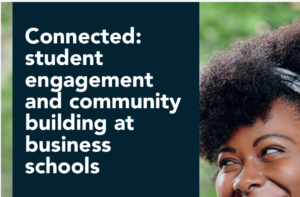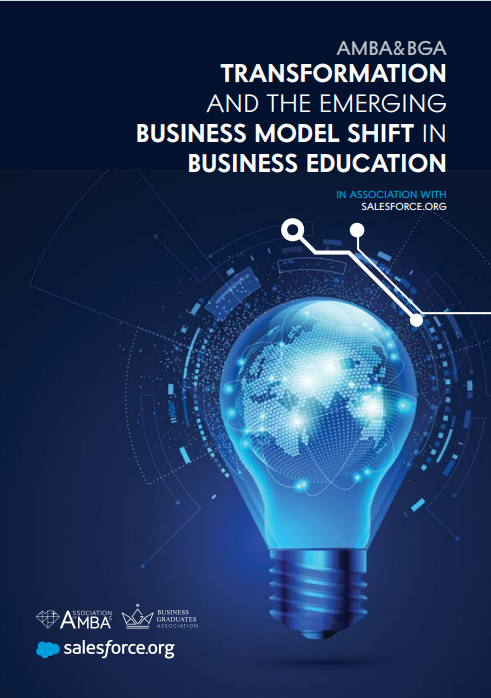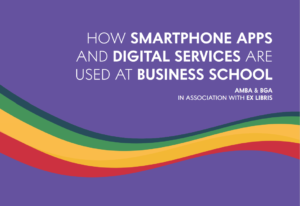
Engaging students online is twice the challenge as it is on campus, according to new research from AMBA & BGA in association with Cengage
Engaging students online is twice the challenge as it is on campus, according to new research from AMBA & BGA in association with Cengage A




